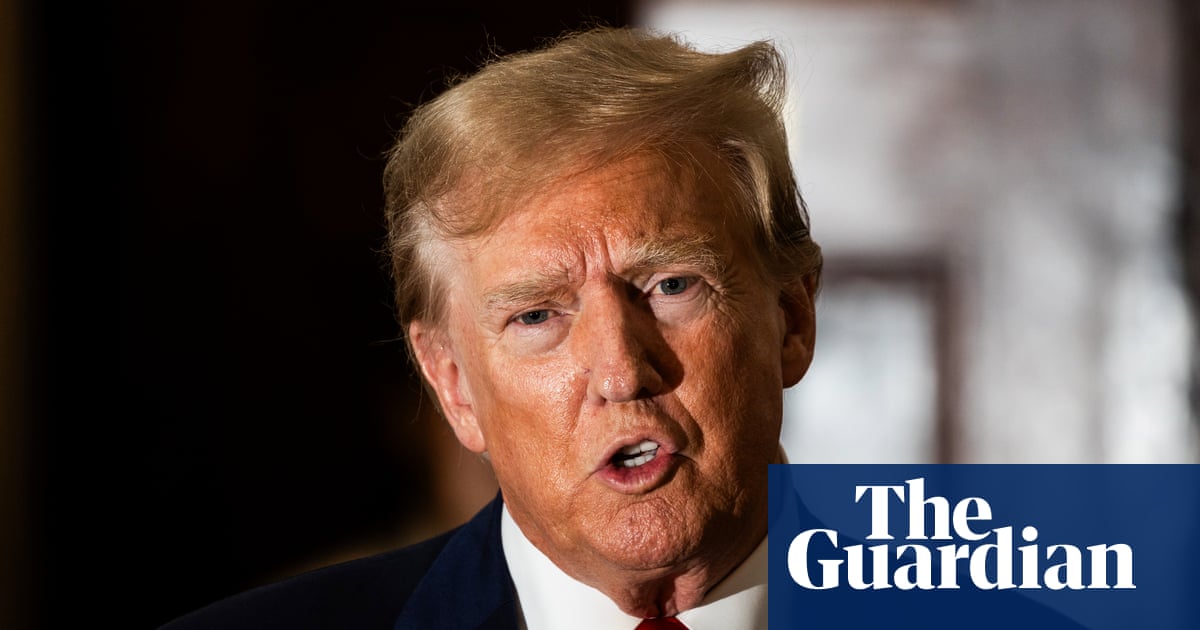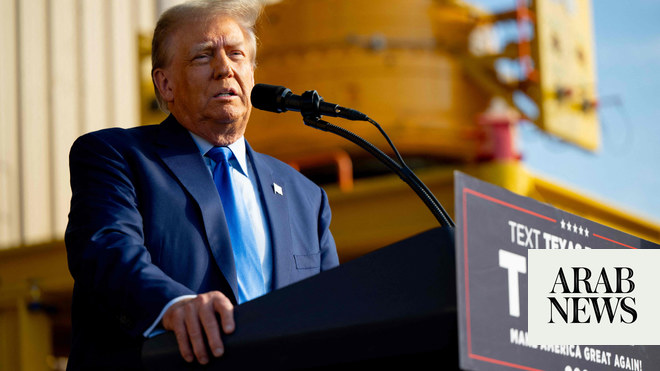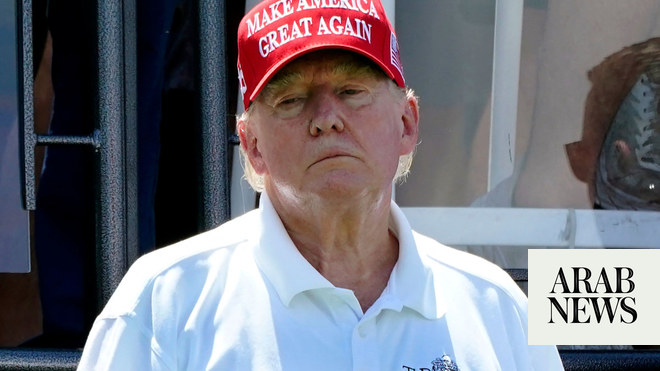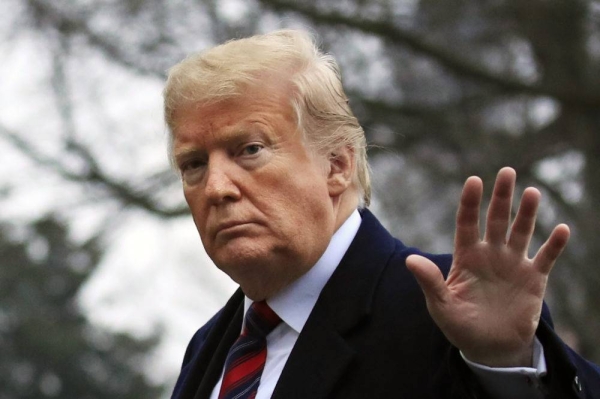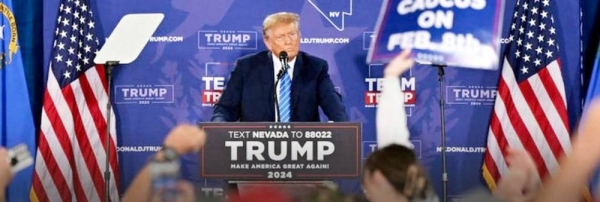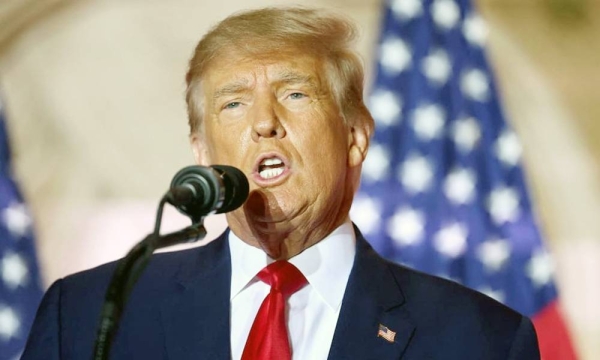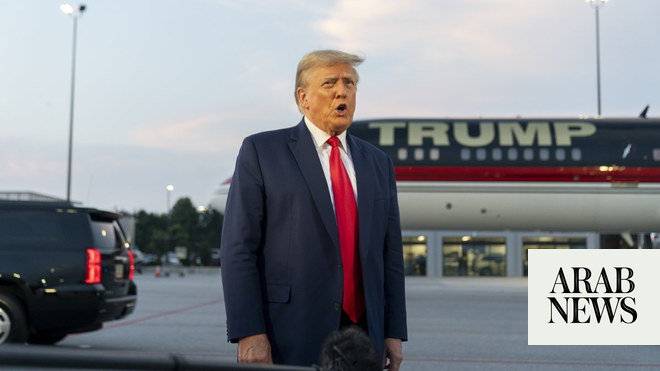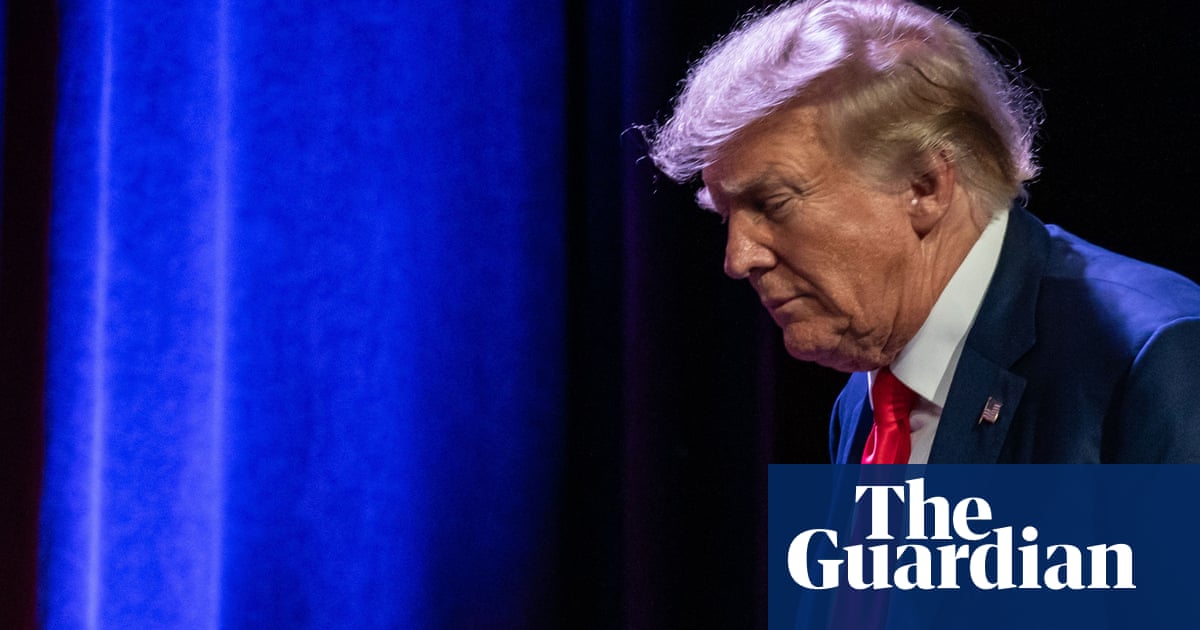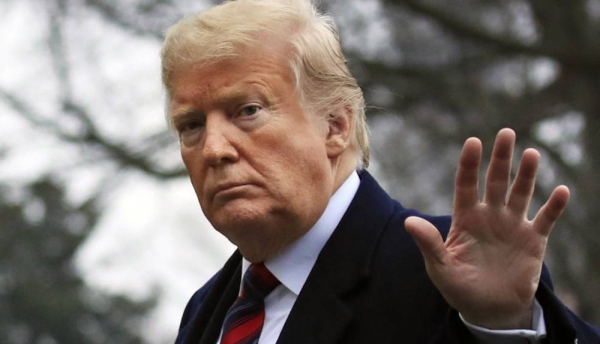
An appeals court has largely upheld the gag order against former President Donald Trump in the federal election subversion case, saying he can be barred from talking about witnesses as well as prosecutors, the court staff and their family members.
But the court said the gag order does not apply to comments made about special counsel Jack Smith and narrows the prohibition Trump had for speaking about witnesses in the case, a change from the original gag order.
The decision against Trump is a striking admonishment for an ex-president facing an upcoming criminal trial, but also makes clear Trump is still allowed to criticize President Joe Biden and the Justice Department and to argue the prosecution “is politically motivated or that he is innocent of the charges against him.”
The three appeals court judges who issued Friday’s ruling — Patricia Millett, Nina Pillard and Bradley Garcia, all Democratic appointees — found Trump’s words on the public stage could undermine the fairness of a jury trial, sway or intimidate witnesses and imperil court staff. The court said that justifies limiting Trump’s speech, even while he campaigns to return to the presidency.
It is the second time in recent weeks that an appeals court has reinstated limits on what Trump can say publicly. Trump’s also under a gag order in New York barring him from attacking court staff in a civil fraud trial against him and his business there. Trump is set to testify in that case on Monday.
Trump vowed to appeal the decision in a social media post on Friday.
Friday’s lengthy opinion came from all three judges who heard Trump’s appeal at the DC Circuit Court nearly two weeks ago, and was written by Millett.
“Trump’s documented pattern of speech and its demonstrated real-time, real-world consequences pose a significant and imminent threat to the functioning of the criminal trial process in this case,” the appeals court wrote.
The court said that Trump’s campaign for the 2024 presidency “does not alter the court’s historical commitment or obligation to ensure the fair administration of justice in criminal cases.”
“We do not allow such an order lightly. Trump is a former president and current candidate for the presidency, and there is a strong public interest in what he has to say,” the court said.
“But Trump is also an indicted criminal defendant, and he must stand trial in a courtroom under the same procedures that govern all other criminal defendants. That is what the rule of law means.”
In explaining their decision, the appeals court pointed to the former president’s many public statements and attacks against witnesses in the case, including former chief of staff Mark Meadows and former Vice President Mike Pence.
The court said that such statements “pose a significant” risk that witnesses would be intimidated and “unduly influenced” in the case. Some witnesses have “had their lives turned upside down after coming within Trump’s verbal sights,” the court wrote.
The court also noted that Trump is subject to release conditions barring him from direct communication with witnesses.
That prohibition “would mean little if he can evade it by making the same statements to a crowd, knowing or expecting that a witness will get the message,” the court wrote.
The risk to witnesses “is largely irreversible in the age of the Internet,” the court noted. “Once an individual is publicly targeted, even revoking the offending statement may not abate the subsequent threats, harassment, or other intimidating effects during the pretrial as well as trial stages of this case.”
The court also noted Trump’s public statement shortly after being charged in the case, “If go after me, I’m coming after you,” as a broadly threatening message toward people working on the case, and said his “messaging [was] daggered at likely witnesses and their testimony.”
Trump is still able to publicly share opinions about witnesses who include several high-profile critics of his who served in his presidential administration.
In the ruling Friday, the appeals court pushed back forcefully against Trump’s argument that his criminal trial should be delayed until after the 2024 presidential election as an alternative to limiting his speech, writing that it would be “counterproductive, create perverse incentives, and unreasonably burden the judicial process.”
Trump has repeatedly argued in court that his criminal trial in the election interference case, which is scheduled for March, should be delayed until after the November presidential election. So far, all of his efforts have been rejected.
“Allowing prejudicial statements to go unchecked for an even longer pre-trial period would simply compound the problem,” the appeals court wrote.
The court also said that allowing the former president’s threatening speech to “override the district court’s control and management of the trial schedule” would incentivize other criminal defendants to also say or post harmful things as a means of delaying their own prosecutions.
The gag order doesn’t prohibit Trump from making any comments but rather statements “made with the intent to materially interfere” with the case.
For instance, Trump can publicly speak about witnesses, the appeals court said, but not about their “potential participation in the investigation or in this criminal proceeding.”
The appeals court said his words about possible witnesses would have to be looked at in context.
“That allows the former president to continue to speak out about those same persons’ books, articles, editorials, interviews, or political campaigns as long as he does so in a manner that does not concern their roles as witnesses or the content of any expected testimony,” the court wrote.
In addition, the court strongly backed his ability to disparage the special counsel.
“As a high-ranking government official who exercises ultimate control over the conduct of this prosecution, the Special Counsel is no more entitled to protection from lawful public criticism than is the institution he represents,” the court wrote. — CNN




